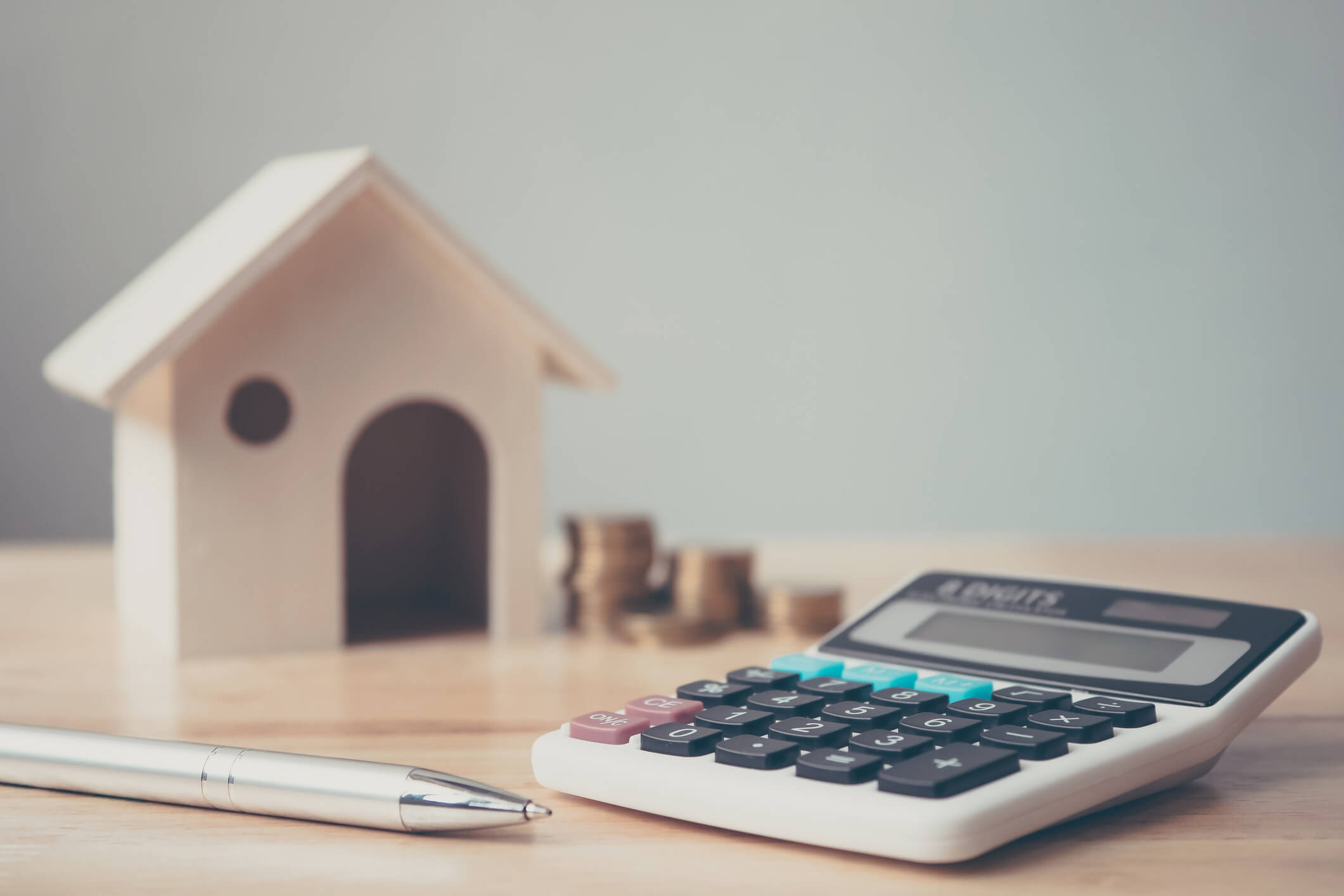On April 1st 2024, Ofgem reduced the energy price cap from £1,928 to £1,690. This represents a £238, or 12%, decrease.
But the actual cost of your bills may still be more – or less – than this.
We’re taking you through all the ins and outs of the energy price cap, so you know how it affects you.
How does the energy price cap influence your bills?
The energy price cap is set by the energy regulator, Ofgem. It applies to the default standard variable tariff offered by energy suppliers and ensures suppliers charge reasonable prices.
If you’re not sure what tariff you’re on, you can usually tell if it’s the default tariff by looking for these key features:
- Variable prices. Default tariff pricing can go up or down depending on how expensive the wholesale cost of energy is.
- No fixed contract. You won’t usually be tied into a default tariff for a fixed period. Instead, the contract may be described as “rolling monthly”.
- No exit fees. Because you’re not tied into a fixed contract, you shouldn’t be subject to any early cancellation or exit fees if you decide to move onto a fixed tariff or change supplier.
If you’re on a default tariff, the energy price cap can influence your bills in a few ways.
It caps the amount suppliers can charge you
The energy price cap does pretty much what its name suggests. It sets a maximum price energy suppliers can charge their customers per kilowatt-hour unit of energy they use. It also caps the cost of standing charges that suppliers add on to your bills.
But the energy price cap does not limit your total bill
When people talk about the energy price cap, they usually describe it as an annual cost. But this cost is not the maximum you could ever pay for your bills.
The annual cost shows what this means for a typical household using an average amount of energy. It’s based on:
- The cost per unit of electricity and gas
- The assumption that a typical household uses both electricity and gas
- A typical household having a standard credit meter and paying by Direct Debit
The energy price cap applies to the price of a unit of energy. If you use more units of energy than the average household, use only electricity or gas (but not both), or don’t pay by Direct Debit, your bills could cost you more.
It protects you from drastic price hikes…
In the past, the energy price cap was updated twice a year. But wholesale energy prices have become so volatile that this meant bills could increase drastically from one update to the next.
Because of this, Ofgem decided to review and update the price cap four times a year instead. But it’s a double-edged sword. While the regular updates protect customers from steep price hikes that could be difficult to adapt your budget for, they don’t prevent bills from going up gradually.
And with the update months falling in January, April, June and October, any autumn and winter increases may come at a time when your energy usage is already high, pushing your bills even higher.
… And ensures you benefit from price drops quickly
When the energy price cap was only reviewed twice a year, any reductions in wholesale energy costs that happened between updates were not always fully passed on to customers.
Now that the price cap is updated four times a year, reductions in wholesale energy costs are passed on to customers much more quickly and fully.
There are different price caps depending on how you pay
Ofgem decide where to set the energy price cap based on the wholesale cost of electricity and gas, and the cost to supply it. The cost of supply is slightly different depending on how you pay for your energy. It costs suppliers less to manage customers paying by Direct Debit than it does for them to manage customers with prepayment meters or who pay by cash or card when they receive their bill.
This means Direct Debit customers have the lowest price cap. The caps for customers using other payment methods are higher.
How can you keep your bills below the energy price cap?
Even though the energy price cap has been reduced, electricity and gas prices are still much higher than they were a few years ago. To keep your energy bills as low as they can go, try our tips:
Cut your usage
Using less energy will reduce your bills. There are all sorts of ways to do this. If you’re stuck for ideas, try our unusual tips to cut your usage.
Improve your home's energy efficiency
Taking action to improve your insulation, eliminate draughts and upgrade appliances can reduce your energy bills. The work costs money, but over time, the amount you save on your energy bills may be greater.
See if your Direct Debit can be reduced
If you pay for your energy by Direct Debit, then the amount you pay is fixed year-round, even though your usage varies. The idea is that when you use less energy during the summer, you build a credit on your account that helps to cover the cost of higher usage in the winter. However, if you notice that you’re consistently paying more for your energy than you’re using, then you may have more of an account credit than you can use. In this situation, your energy supplier may be able to reduce your monthly Direct Debit payments or refund you some or all of your account credit.
Get help if you're struggling
If you’re struggling and need help with your energy bills, speak to your supplier. There are all kinds of things they may be able to do for you. These range from arranging payment plans if you’ve fallen behind to putting you in touch with the providers of grants and additional support.
Broader advice on your finances can be obtained for free from:
Sources
https://www.ofgem.gov.uk/information-consumers/energy-advice-households/average-gas-and-electricity-use-explained
https://www.ofgem.gov.uk/publications/new-energy-price-cap-level-april-june-2024-starts-today
https://www.ofgem.gov.uk/publications/energy-price-cap-will-give-11-million-fairer-deal-1-january
https://www.ofgem.gov.uk/energy-price-cap
https://www.ofgem.gov.uk/publications/ofgem-confirms-changes-price-cap-methodology-and-frequency-ahead-new-rate-be-announced-later-month
https://www.ofgem.gov.uk/publications/increased-wholesale-energy-costs-lead-rise-price-cap
Helen is a personal finance editor who’s spent 11 years (and counting!) in the finance industry. She creates content on everything money with the goal of getting people thinking – and talking – about their finances in ways they may not have done before.
![Email icon]()
Become a money maestro!
Sign up for tips on how to improve your credit score, offers and deals to help you save money, exclusive competitions and exciting products!
Find this useful? Share it with others!









